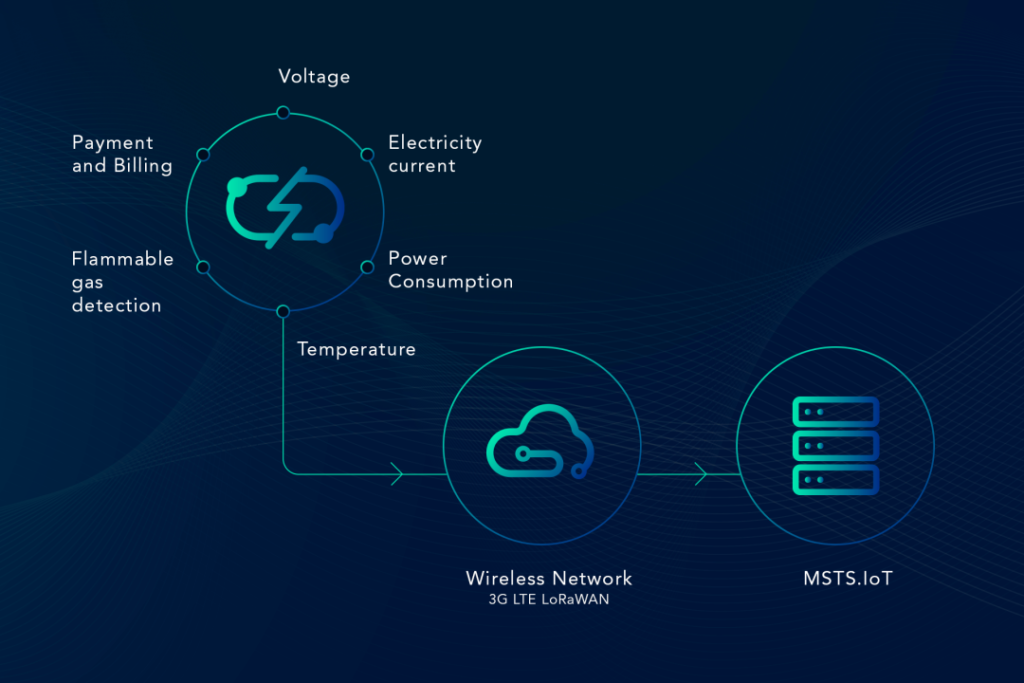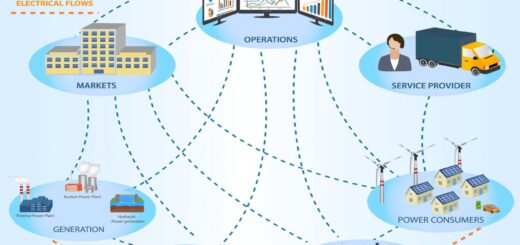Optimizing Electric Vehicle Charging with IoT: A Smart Approach to Sustainable Transportation
1: “Introduction”
Introduce the significance of transitioning to electric vehicles (EVs) for reducing carbon emissions. Highlight the challenges posed by the rapid growth in the EV market, particularly in terms of charging infrastructure.
2: “IoT Smart Grids: A Game-Changer for EV Charging”
Discuss the role of IoT-based smart grids in addressing challenges related to identifying and coordinating optimal charging strategies for EV drivers. Emphasize the potential of a connected EV assistant to recommend the best time and place for refueling.
3: “Integrated Charging Stations: Beyond Conventional Fueling”
Contrast EV charging stations with traditional gasoline fuel stations, emphasizing the connectivity and integration with third-party service providers. Explore the various protocols and back-end cloud infrastructure that ensure seamless charging operations.
4: “The Key to EV Adoption: Robust Charging Infrastructure”
Highlight the importance of developing robust charging infrastructure for the successful adoption of electric vehicles. Stress the need for remote management and smooth operation of dispersed charging devices.
5: “IoT in EV Charging: Convergence of OT and IT”
Explain how the Internet of Things (IoT) serves as a convergence of Operational Technology (OT) and Information Technology (IT) in the context of EV charging. Define the roles of OT and IT in managing physical properties and digital transformation aspects, respectively.
6: “Components of IoT in EV Charging”
Detail the three major elements of IoT in EV charging: charging equipment, mobile app, and charging management platform. Explain their roles in generating telemetry data, managing service requests, and ensuring a seamless charging experience.
7: “Continuous Monitoring and Data Presentation”
Explore how IoT in EV charging facilitates continuous monitoring and presents data through reports and dashboards. Highlight its role in notifying users about charging time and costs, enabling remote troubleshooting for charge point operators, and enhancing roaming services for network operators.
Conclusion: Summarize the transformative impact of IoT on EV charging, emphasizing its role in accelerating the adoption of electric vehicles. Conclude with the overarching benefits for consumers, charge point operators, and network providers in achieving sustainable transportation goals.
Ms. Pooja Verma



